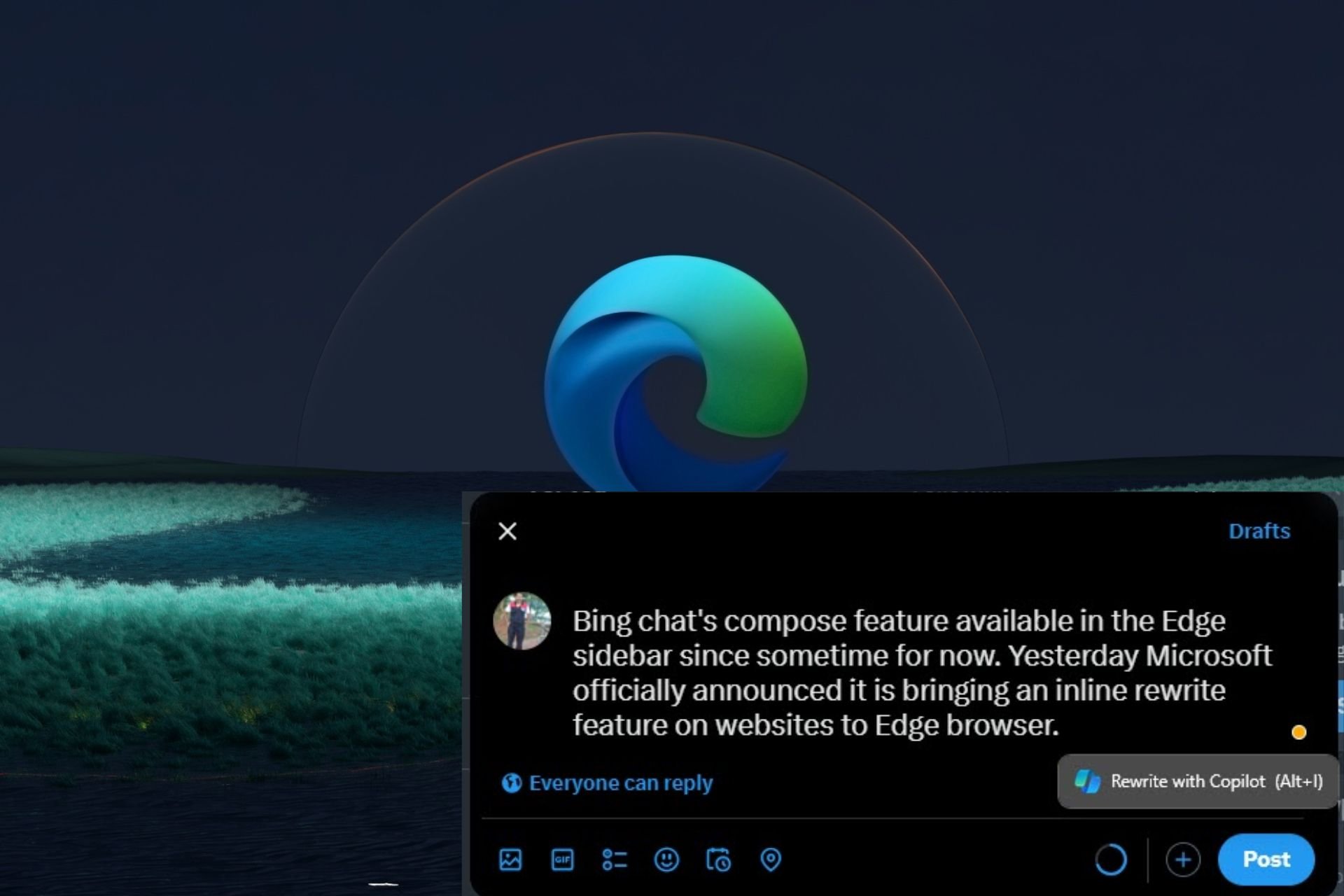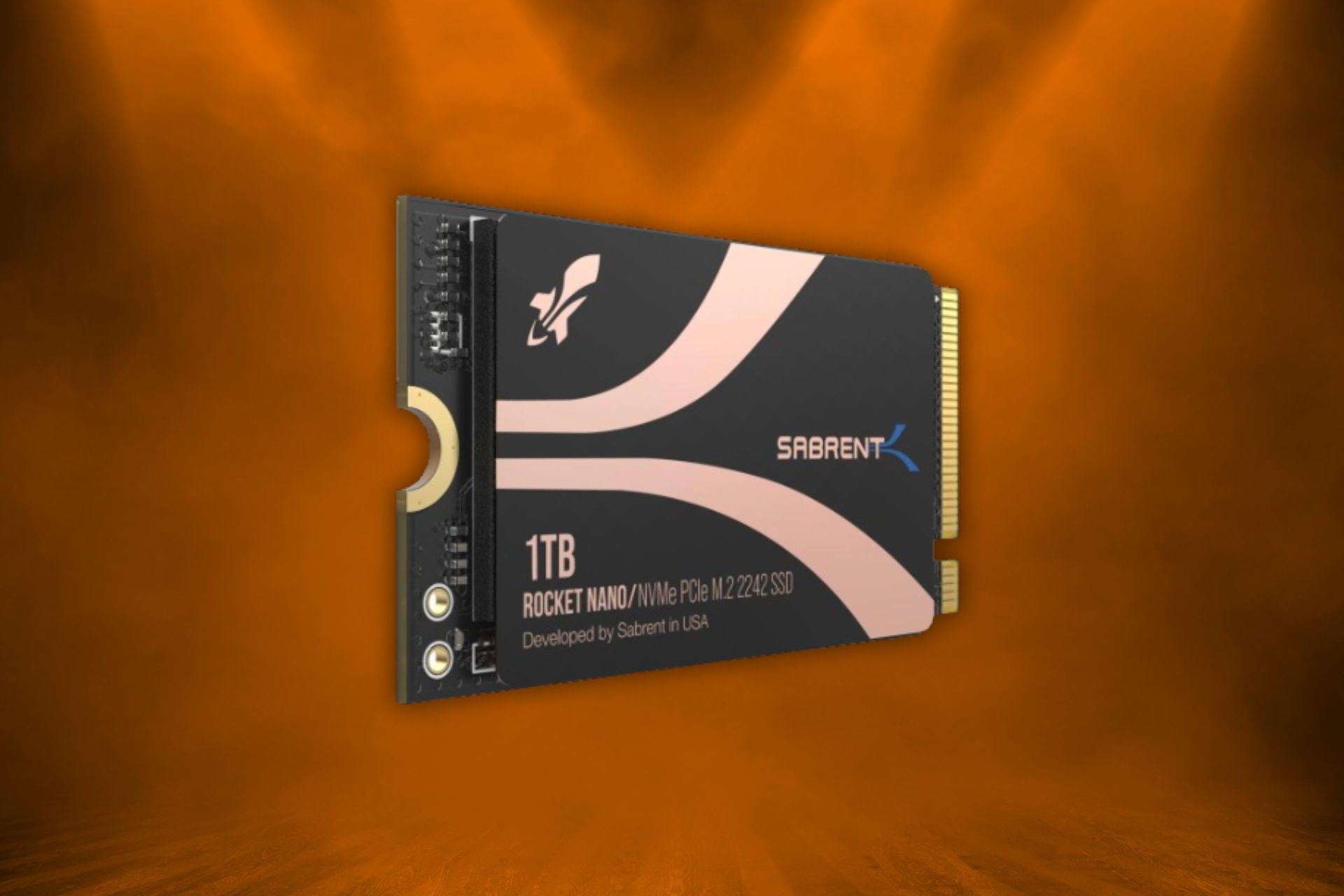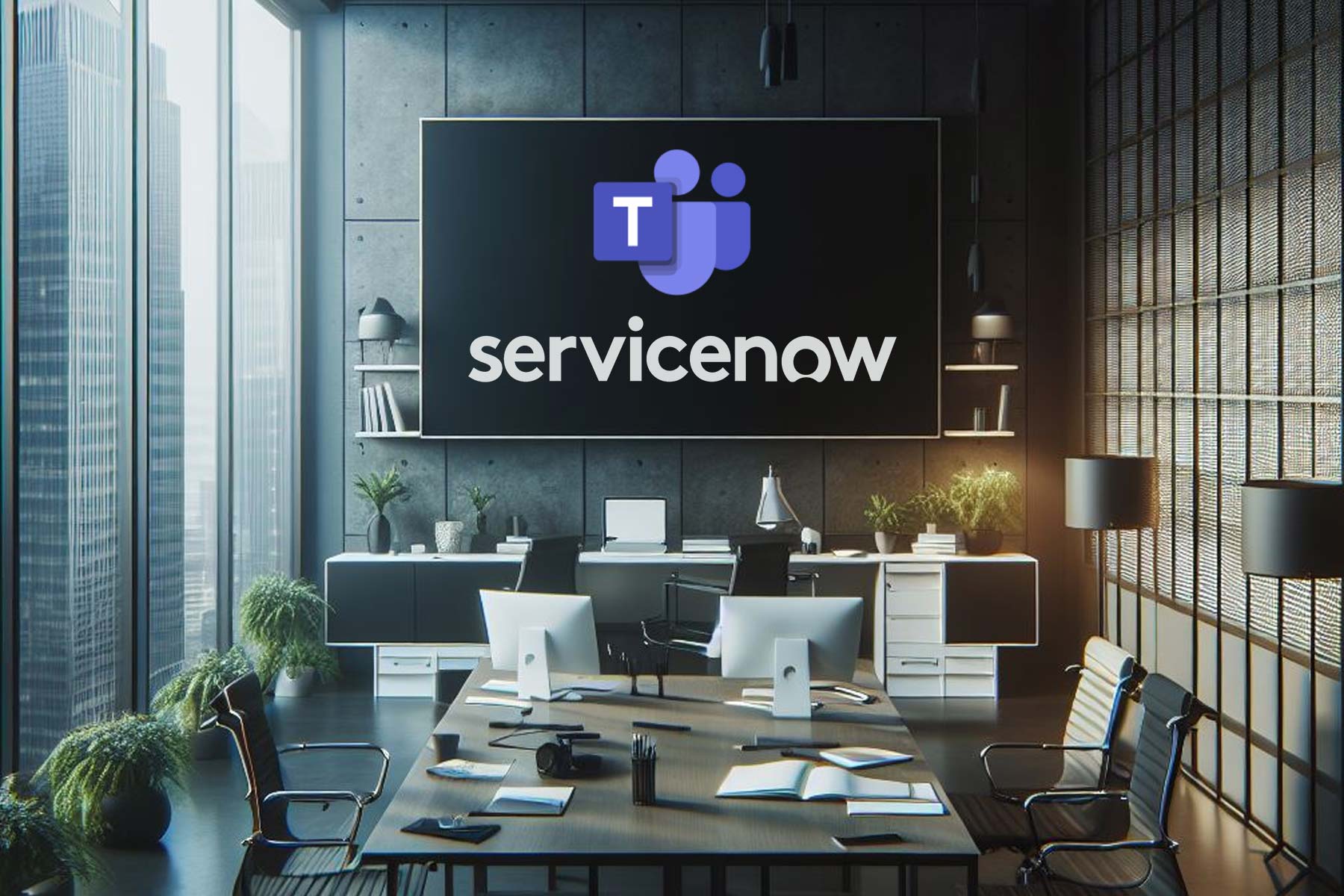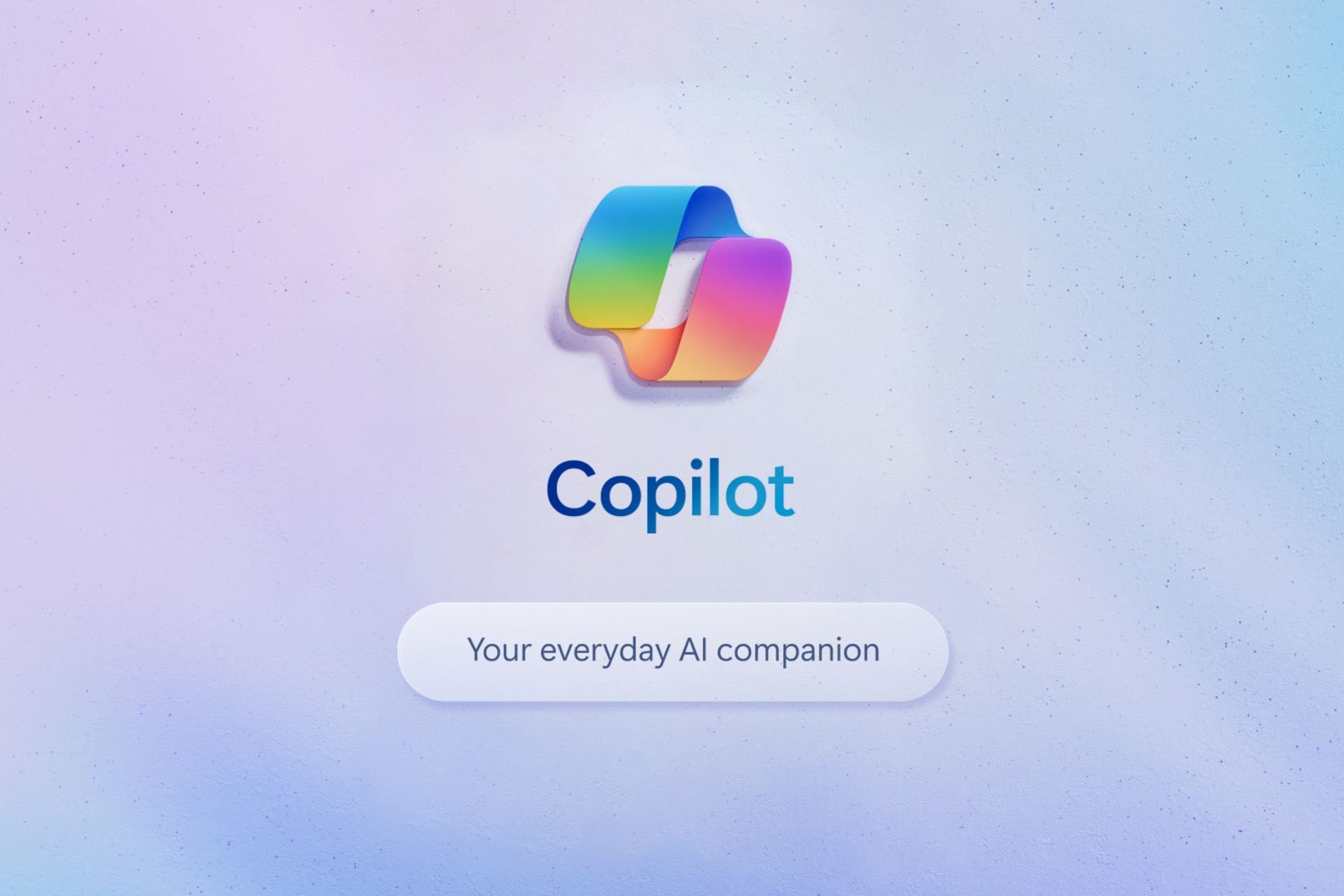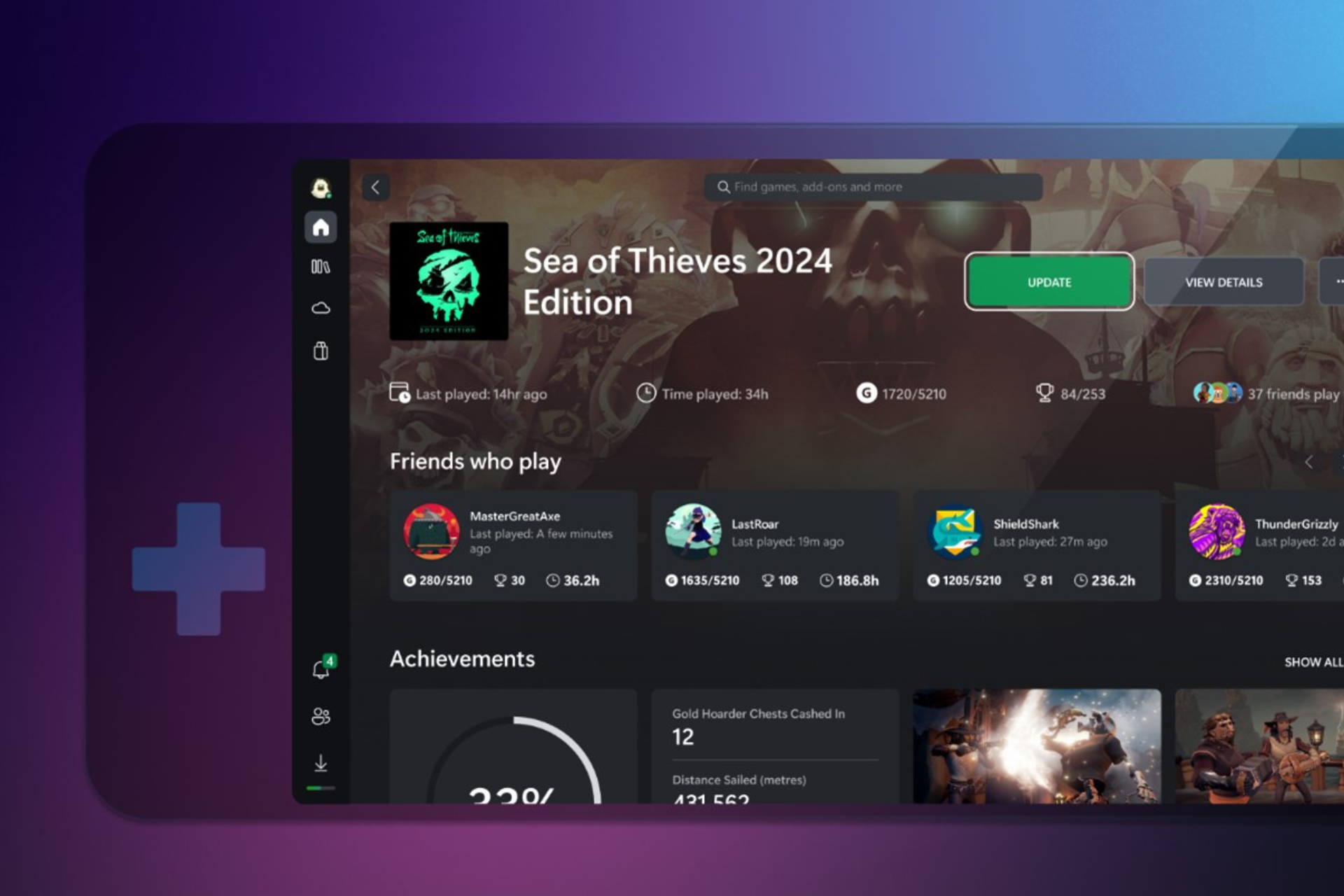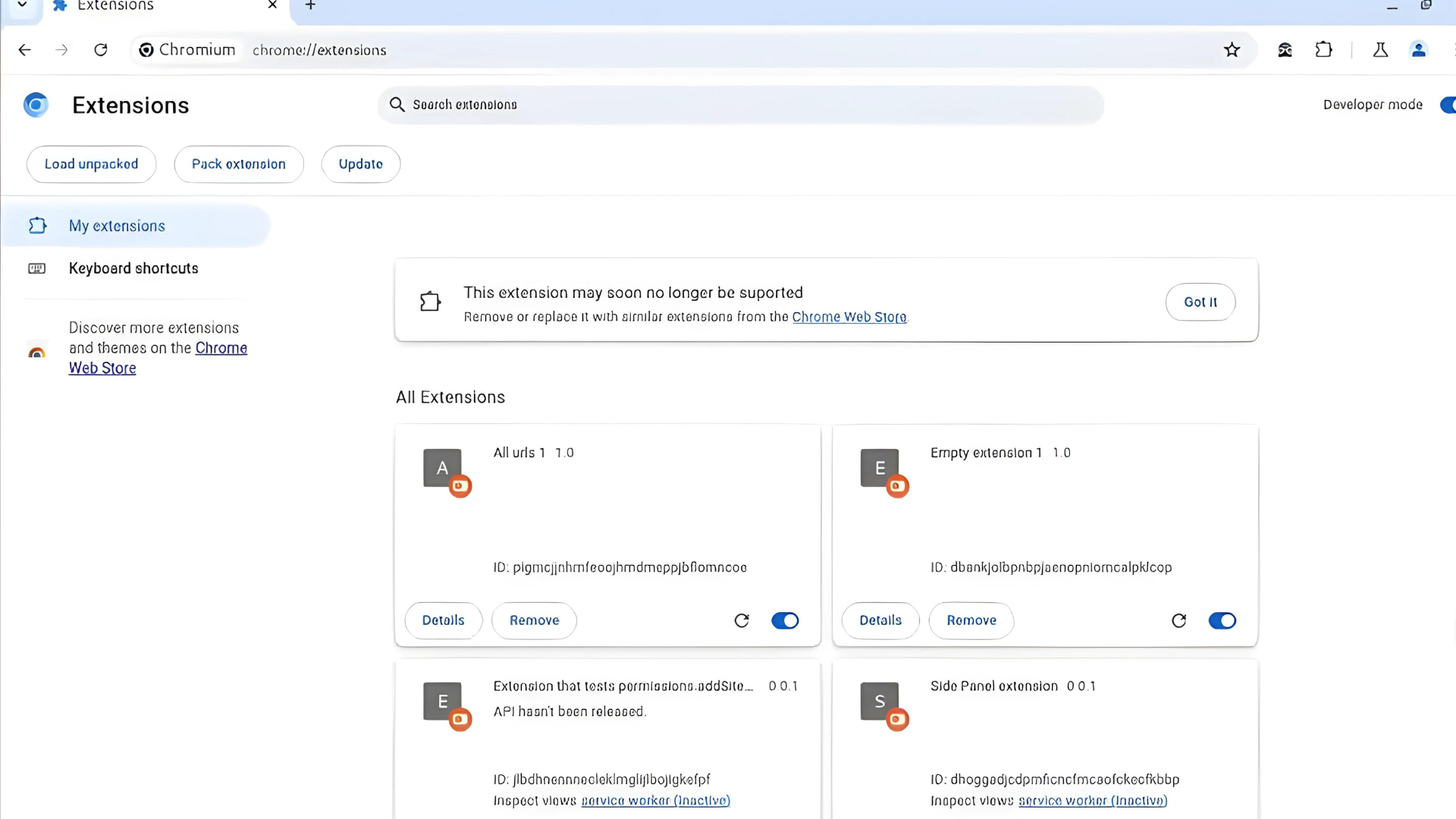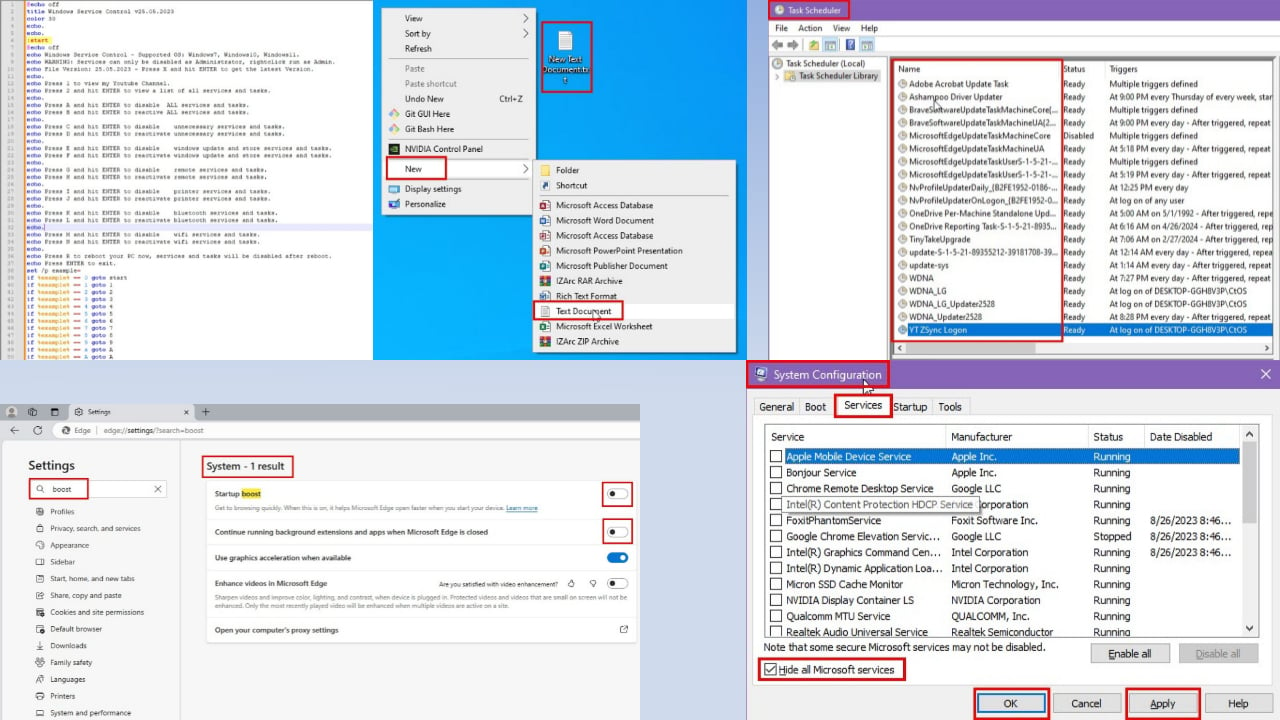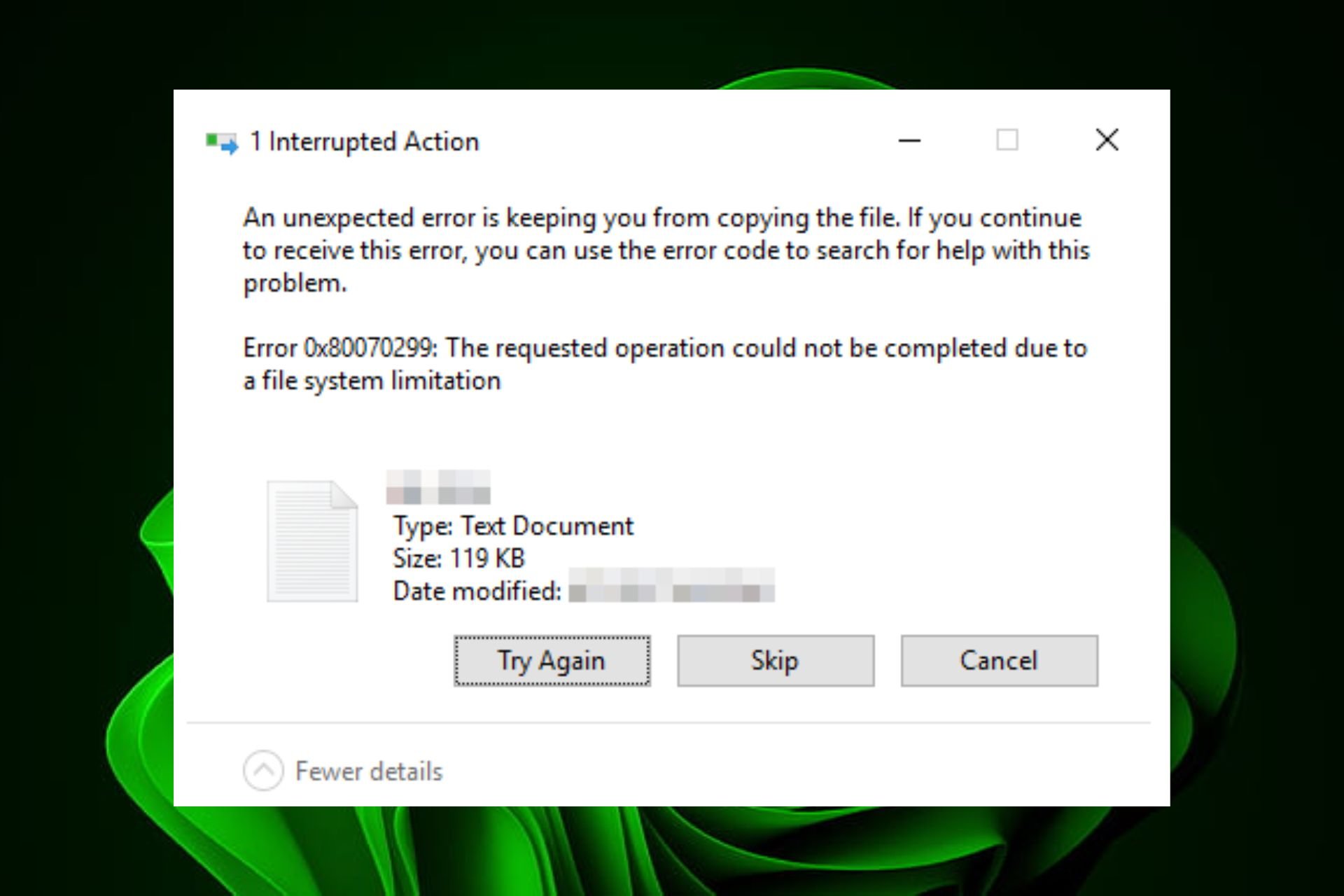Skype is the 6th most downloaded app of the decade according to App Annie
2 min. read
Published on
Read our disclosure page to find out how can you help Windows Report sustain the editorial team Read more
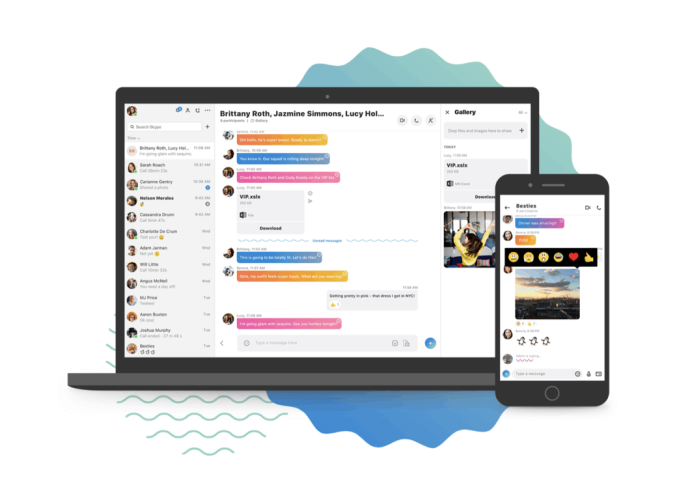
Skype may not be as popular as WhatsApp, Facebook Messenger, or Snapchat these days, but the messaging app purchased by Microsoft back in 2011 is still a force to be reckoned with. App Annie, a company that tracks the popularity of mobile apps has published this week new data about the top 10 apps of the decade by all-time downloads, and Skype ended up at #6.
According to App Annie, Facebook currently owns the top four most downloaded apps of the decade with Facebook, Facebook Messenger, WhatsApp and Instagram, which are followed by Snapchat and then Skype. “Communication and social media apps are consumer favorites, accounting for 7 of the top 10 apps by downloads this decade,” the company explained.
Skype was the first of Microsoft’s Android apps to reach 1 billion downloads on the Google Play Store back in 2017, and it has since been followed by Word, OneDrive, and Excel this year. The messaging app did receive a controversial makeover two years ago, with Skype briefly testing a Snapchat-like Stories feature called Highlights before removing it from the mobile app. The Skype team is now laser-focused on improving the messaging and calling experience, de-emphasizing other experiments like Skype Bots and Skype Add-ons.
It’s been a couple of years since Microsoft shared an update about Skype’s userbase, but last we heard the app had 300 million monthly active users. Skype’s killer feature remains its simplicity and ubiquity, though the messaging app is still lagging behind the competition in certain areas including privacy. As an example, Skype currently offers encrypted conversations on an opt-in basis, while the Facebook-owned Whatsapp offers it by default.
Overall, Skype remains a good acquisition for Microsoft, but the app could certainly be much more popular today if Microsoft paid more attention to the competition. The app also never really benefited from Microsoft having its own mobile OS, as Microsoft never offered a true iMessage-like experience powered by Skype on Windows phones.
Do you expect Skype to still be around in the next 10 years, or do you think we already reached peak Skype during this past decade? Sound off in the comments below.


